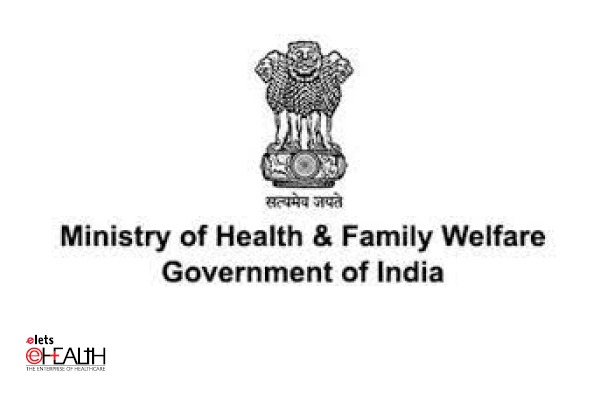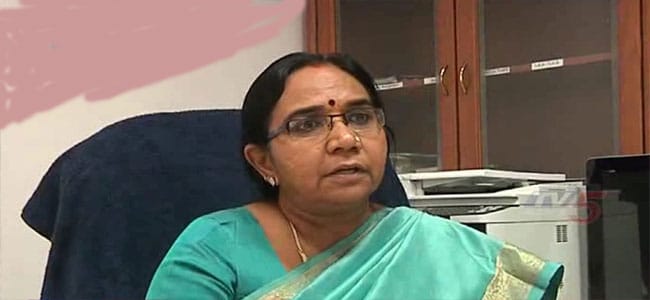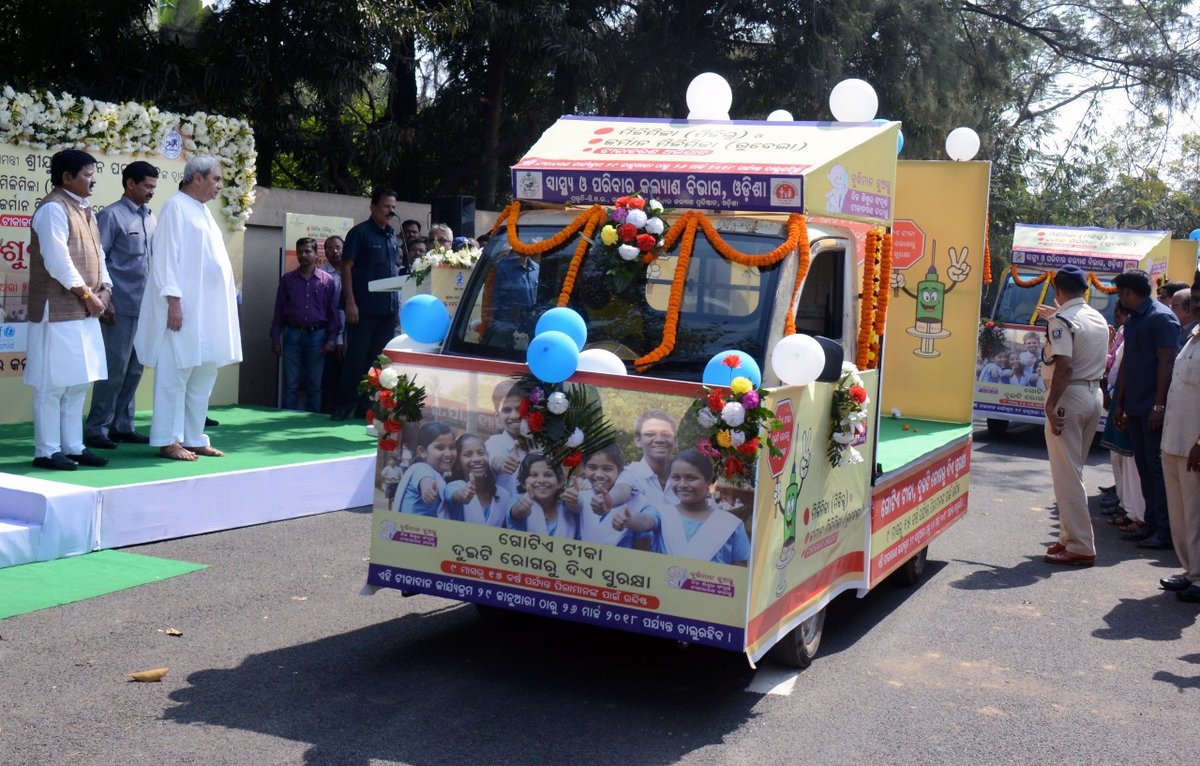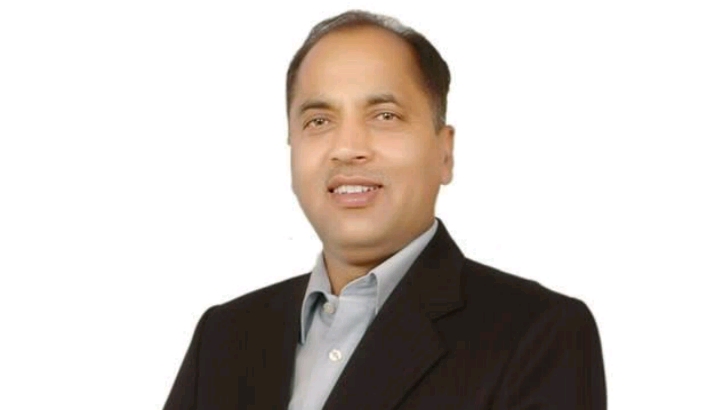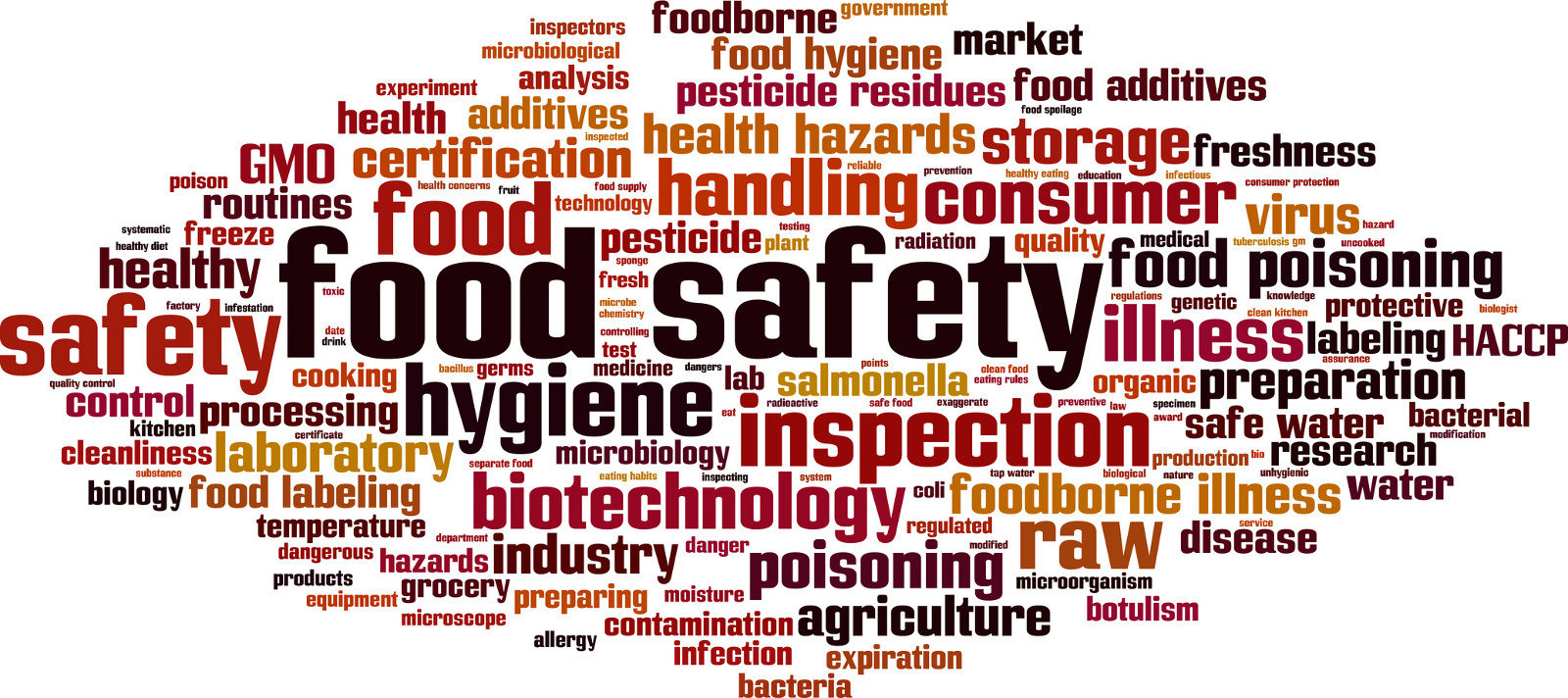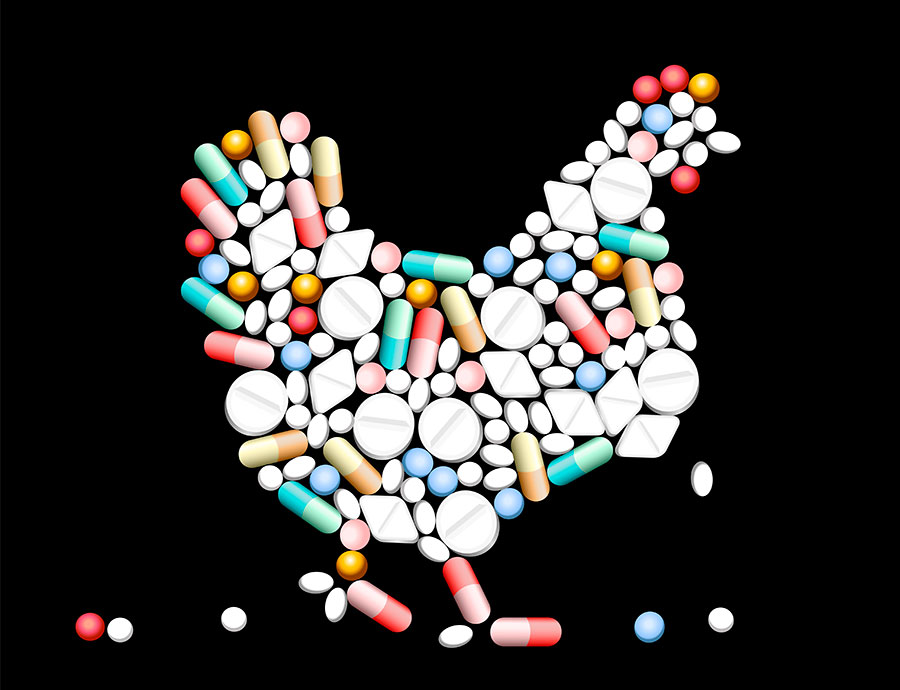India is considering a proposal to hike costs of obtaining blood via tranfusion by up to 70% as part of a plan to revise service charges to help pay for more advanced testing and storage of blood.It is unclear if the hike will take place. But the National Blood Transfusion Council (NBTC), a technical advisory body, has suggested the rate hike. The Council works closely with the National AIDS Control Organisation (NACO), which is attached to the ministry of health and family welfare. The plan is to try and standardize rates across all the blood banks in India in return for a promise of steady blood supply. Familes that are below the government’s defined poverty line and certain patient groups that need regular transfusions, such as thalassemics and haemophilics, will continue to get blood free of cost. India needs 8.5-10 million blood units every year but collects only about 6.5-8 million units through 2,300 licensed banks. One unit constitutes 450ml of blood. People familiar with the matter said the government is leaning towards a service charge level of INR 850, up 70% from the current NACO -indicated price of INR 500 per unit of blood, which was fixed nearly a decade go. “The current price was fixed in late 1990s when Hepatitis C testing was not made mandatory. Since then, electricity prices have gone up as have salaries, equipment and testing costs,” said an official of a charitable blood bank that charges Rs500 for patients who typically come from private hospitals. But such patients only constitute 25% of the blood bank’s clientele and a price revision will help it to recoup costs, added the official. Another proposal that the government is considering, as part of the new guidelines, is to create uniform charges for blood in all blood banks, private or public. As of now, charges vary from public blood banks charging Rs500 for a unit to private hospitals such as Delhi’s Indraprastha Apollo Hospital, which sells blood for Rs2,000 a unit.The government hopes that 90% of banks that are part of charitable organizations will likely agree to a uniform price though a ministry official has doubts if private blood banks will fall in line. To ensure adequate supply of blood, NACO is going to start a project on a pilot basis in 60 districts in Gujarat, Tamil Nadu and Chandigarh, where repeat voluntary donors will be given identification cards, giving them access to any Naco-affiliated blood bank. In a related move, the government is also drafting a National Blood Transfusion Services Act, which will make it mandatory to put in place good laboratory practices for ensuring quality of services and penalties for “professional” donors. Currently, banned by law, professional blood donors masquerade as relatives of the patient to give blood and there is no legal provision to jail them. The new Act will prescribe three months’ rigorous imprisionment and a heavy fine for such donors. An independent, quasi-legal blood regulator is also being set up by the health ministry to look into all issues of access, adequacy and safety of donated blood.

Be a part of Elets Collaborative Initiatives. Join Us for Upcoming Events and explore business opportunities. Like us on Facebook , connect with us on LinkedIn and follow us on Twitter , Instagram.
"Exciting news! Elets technomedia is now on WhatsApp Channels Subscribe today by clicking the link and stay updated with the latest insights!" Click here!







